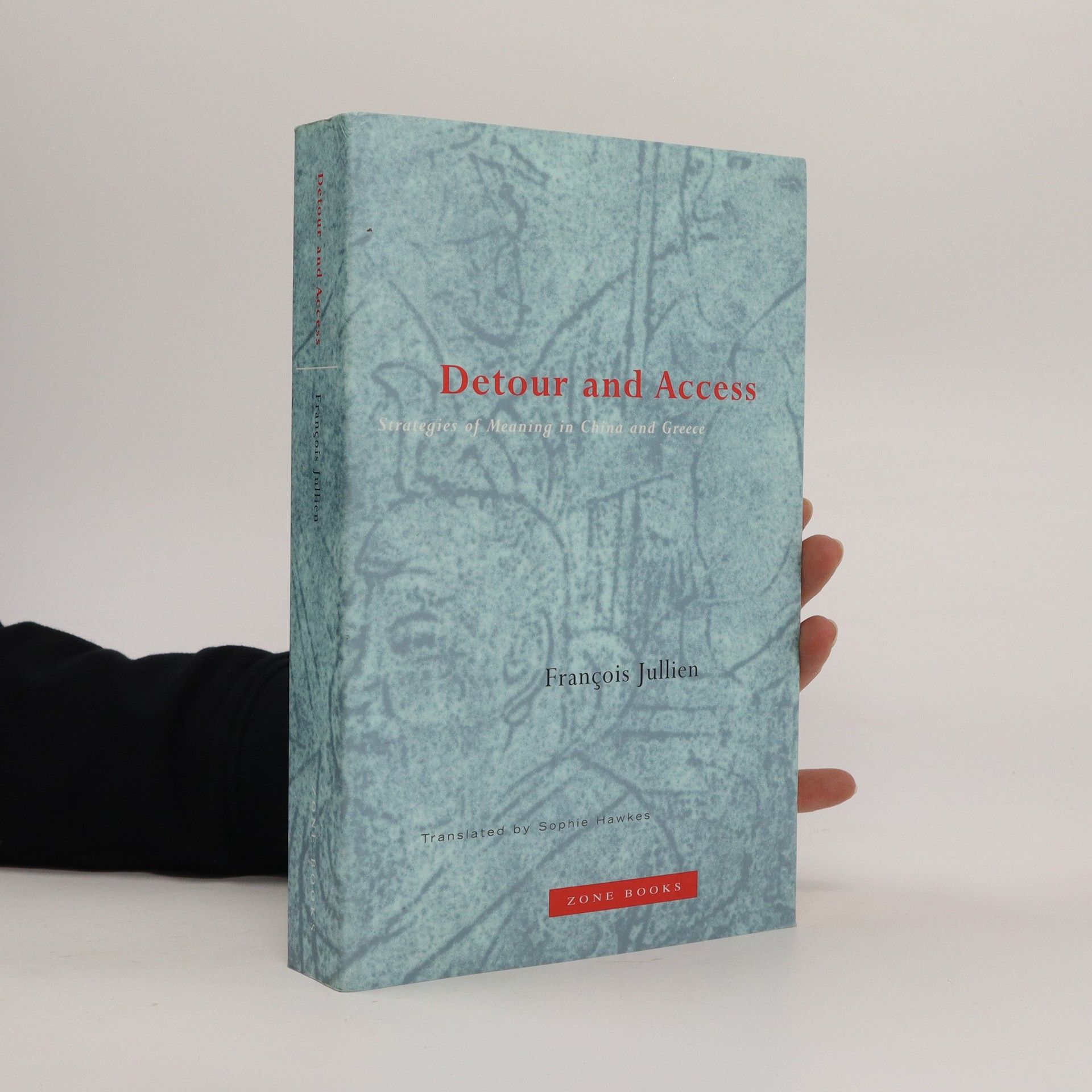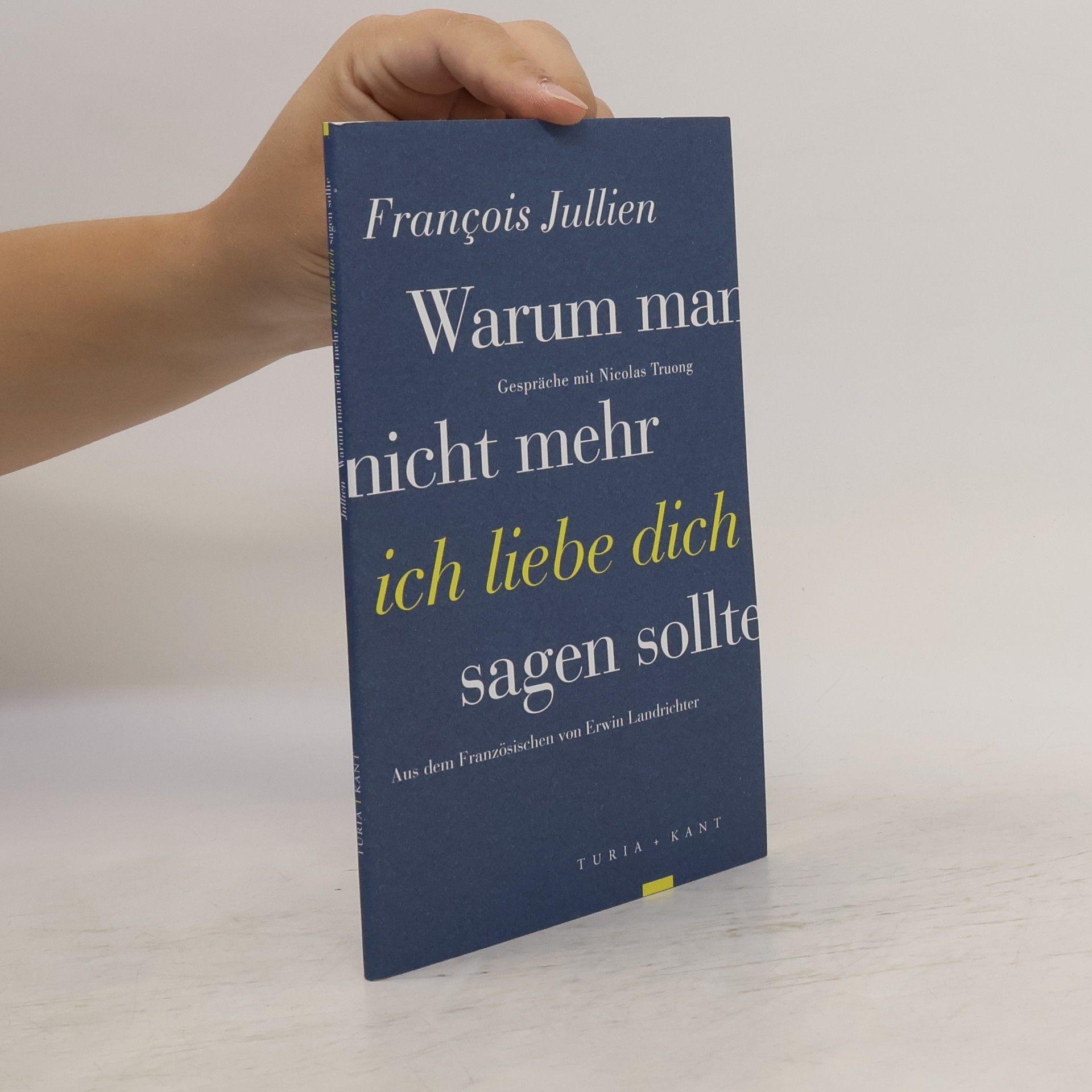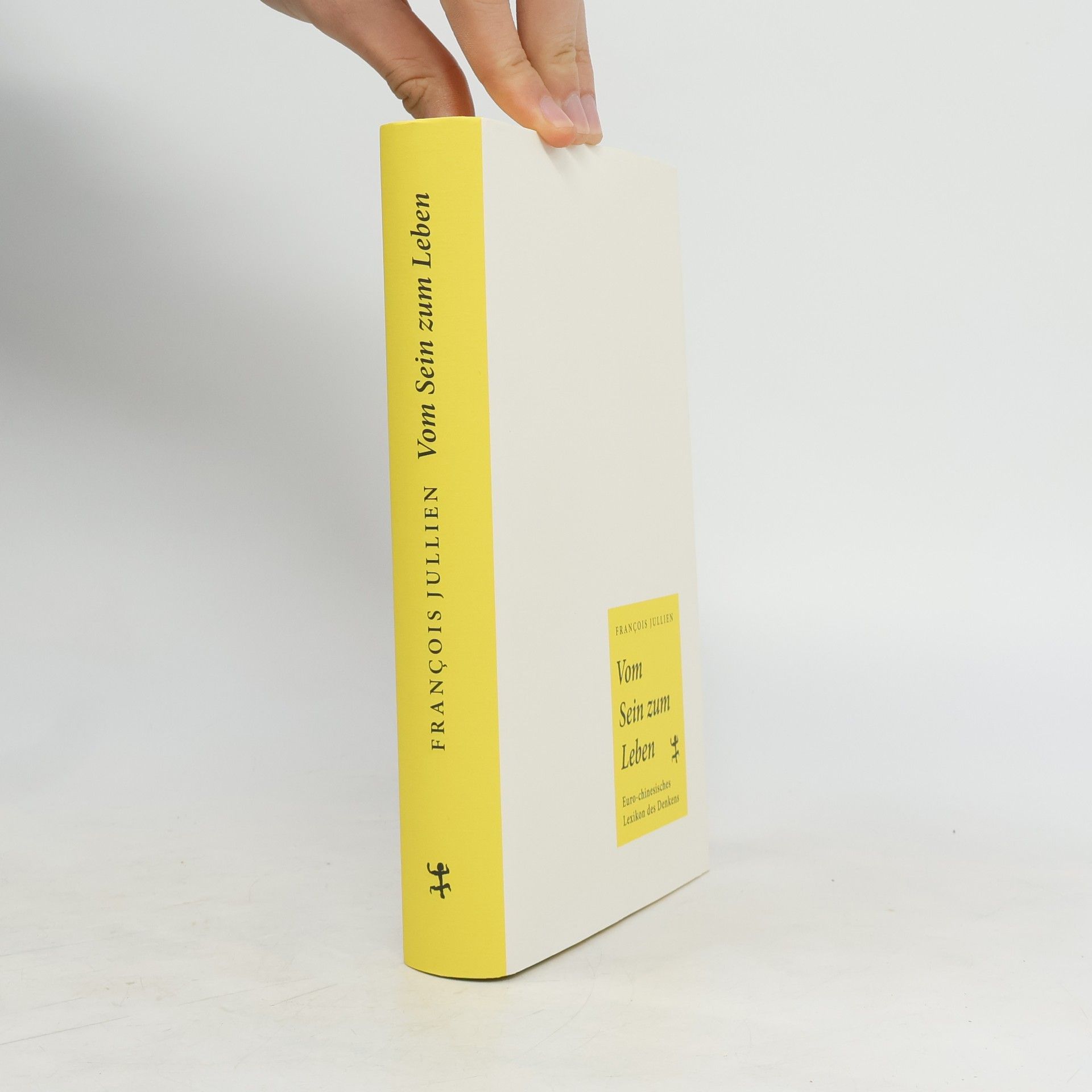Droga powstawania książki prowadziła od wyśmienitej idei do znakomitej realizacji dzięki skutecznej pracy naukowo-seminaryjnej i organizacyjnej. Pierwsza z nich zaowocowała interesującymi rozwiązaniami problemów epistemologicznych w perspektywie postkolonialnej, gdzie Ewa Marynowicz-Hetka nie tylko wybiera teksty Julliena, ale także tworzy własny, skontekstualizowany wywód, redefiniując je w świetle lokalnej wiedzy. Praca organizacyjna umożliwiła oddanie do rąk czytelników unikatowego opracowania, w którym fascynująco przemawia François Jullien, a także inni uczestnicy tego intelektualnego doświadczenia, inspirowani jego myślą. Inicjatywa wydania książki jest znakomita, a tekst stanowi znaczącą próbę naukowego opisu zjawisk na styku historii filozofii greckiej, tradycji językowej kultury chińskiej i potrzeb rozumienia kultury jako środowiska symbolicznego. Jest to interesujące dla pedagogów, filozofów i kulturoznawców, a także dla humanistów refleksyjnych. Strategia metodologiczna Julliena jest dobrze scharakteryzowana przez dobór rozdziałów odpowiadających kluczowym kategoriom badawczym, co dodatkowo wyjaśnia List do polskich Przyjaciół. Zasadność metodologii podkreślają autorzy dyskutujący z Jullienem w dołączonych tekstach.
François Jullien Book order (chronological)






François Jullien geht in diesem Buch dem Verdacht nach, dass das Leben eine Illusion sein könnte. Verpassen wir womöglich das wahre Leben, weil wir es gar nicht bemerken? In der Monotonie eines Alltags, die unser Leben seiner Möglichkeiten zu berauben scheint, macht er eine Verflachung, einen Rückzug, eine Abwesenheit aus, deren Spur er von Flaubert bis Nietzsche, von Hölderlin bis Adorno durch die Literatur und die europäische wie chinesische Philosophie verfolgt. Es geht nicht darum, das schöne, gute oder gar glückliche Leben zu finden. Der höchste Anspruch besteht vielmehr darin, das Pseudo-Leben zurückzuweisen, den Schein zu durchbrechen und sich dem zu stellen, was bleibt, wenn alle Ideale verflogen sind. Erst dann dringen wir zum Intimen vor, zum zweiten, zum wahren Leben.
This volume asks poignant questions about what it means to be alive and inhabit the present. Living holds us between two places. It expresses what is most elementary--to be alive--and the absoluteness of our aspiration--finally living! But could we desire anything other than to live? In The Philosophy of Living, François Jullien meditates on Far Eastern thought and philosophy to analyze concepts that can be folded into a complete philosophy of living, including the idea of the moment, the ambiguity of the in-between, and what he calls the "transparency of morning." Jullien here develops a strategy of living that goes beyond morality and dwells in the space between health and spirituality.
Existierend leben
Eine neue Ethik
Die Idee eines „zweiten Lebens“, die François Jullien in Auseinandersetzung mit den Klassikern des chinesischen Denkens entwickelt, meint nicht Wiedergeburt oder neues Leben, sondern zeichnet einen Weg der stillen Verwandlung vor. In diesem Essay lässt François Jullien die Begründer des Taoismus in einen Dialog mit europäischen Denkern treten. Dabei entwickelt er die Idee eines „zweiten Lebens“: Diskret und ohne Bruch findet eine Verschiebung in unserem Leben statt – es trifft nunmehr seine eigenen Entschlüsse und gestaltet sich um. Es belebt sich neu, kommt wieder in Gang, richtet seine Vorhaben und Ziele aus und gibt bislang unergründet gebliebene Möglichkeiten frei. Indem wir unsere Freiheit schrittweise entfalten, aus der Wiederholung heraustreten und Klarheit erlangen, leben wir fortan nicht mehr bloß, sondern beginnen zu existieren.
Resources of Christianity
- 128 pages
- 5 hours of reading
From Being to Living: A Euro-Chinese Lexicon of Thought
- 224 pages
- 8 hours of reading
Exploring the contrasts between Western and Chinese philosophies, this new English translation of François Jullien's work presents a profound analysis that highlights the unique aspects of both traditions. Jullien delves into the implications of these differences for understanding concepts such as knowledge, ethics, and existence. His insights encourage readers to reflect on how cultural perspectives shape thought processes and worldviews, making this a significant contribution to comparative philosophy.
Warum man nicht mehr »ich liebe dich« sagen sollte
- 53 pages
- 2 hours of reading
Das Unbehagen am pathetischen »Ich liebe dich« ist dasselbe wie etwa am Wort »Beziehung«: Der Markt der Liebe ist in der westlichen Welt laut genug, um wesentliche Aspekte der Liebe, wie sie sich im Lauf der Geschichte bereits gezeigt haben, zu übertönen. François Jullien entwickelt nun einen Begriff der »Intimität« gegenüber dem der Liebe und die Idee einer zweiten, anderen Liebe, sogar eines zweiten, anderen Lebens, eines »seconde vie«, das in der Ab- lösung von den Wichtigkeiten und Besorgnissen des bisherigen entstehen kann. In einer »De-Koinzi- denz« zu den Anforderungen des bisherigen Lebens entstehen Möglichkeiten, das »Un-Erhörte« wahr- zunehmen. Julliens Theorien wurden in ihren einzelnen Ausarbeitungen in viele Sprachen übersetzt. Ihre Verbindung in diesem Bändchen macht den Grundzug und den inneren Zusammenhang des Jullien’schen Denkens erkennbar.
»Vom Sein zum Leben« versteht Francois Jullien als kritisches Resümee seiner lebenslangen Beschäftigung mit dem chinesischen Denken und Sprechen. Anhand von 20 Begriffspaaren entfaltet er die Differenzen der beiden Kultur- und Denkräume: In höchst originellen Essays stellt er beispielsweise »Kohärenz« dem »Sinn« gegenüber, »Beharrlichkeit« dem »Willen«, »Zuverlässigkeit« der »Aufrichtigkeit«, »Aufschwung« dem »Stillstand«. Doch Jullien begnügt sich nicht, das eine Konzept mit Hilfe des anderen zu erleuchten und damit die zugehörige Kultur zu verstehen. Er geht in diesem Buch einen Schritt weiter, versucht von beiden Abstand zu nehmen und eine dritte Position zu gewinnen, die ihm ermöglicht eine eigenen philosophischen Entwurf zu entwickeln. Ein Buch für alle, die China verstehen, aber dabei nicht in Exotismus schwelgen wollen, und für alle, die die Lust am eigenen Denken nicht verloren haben.

